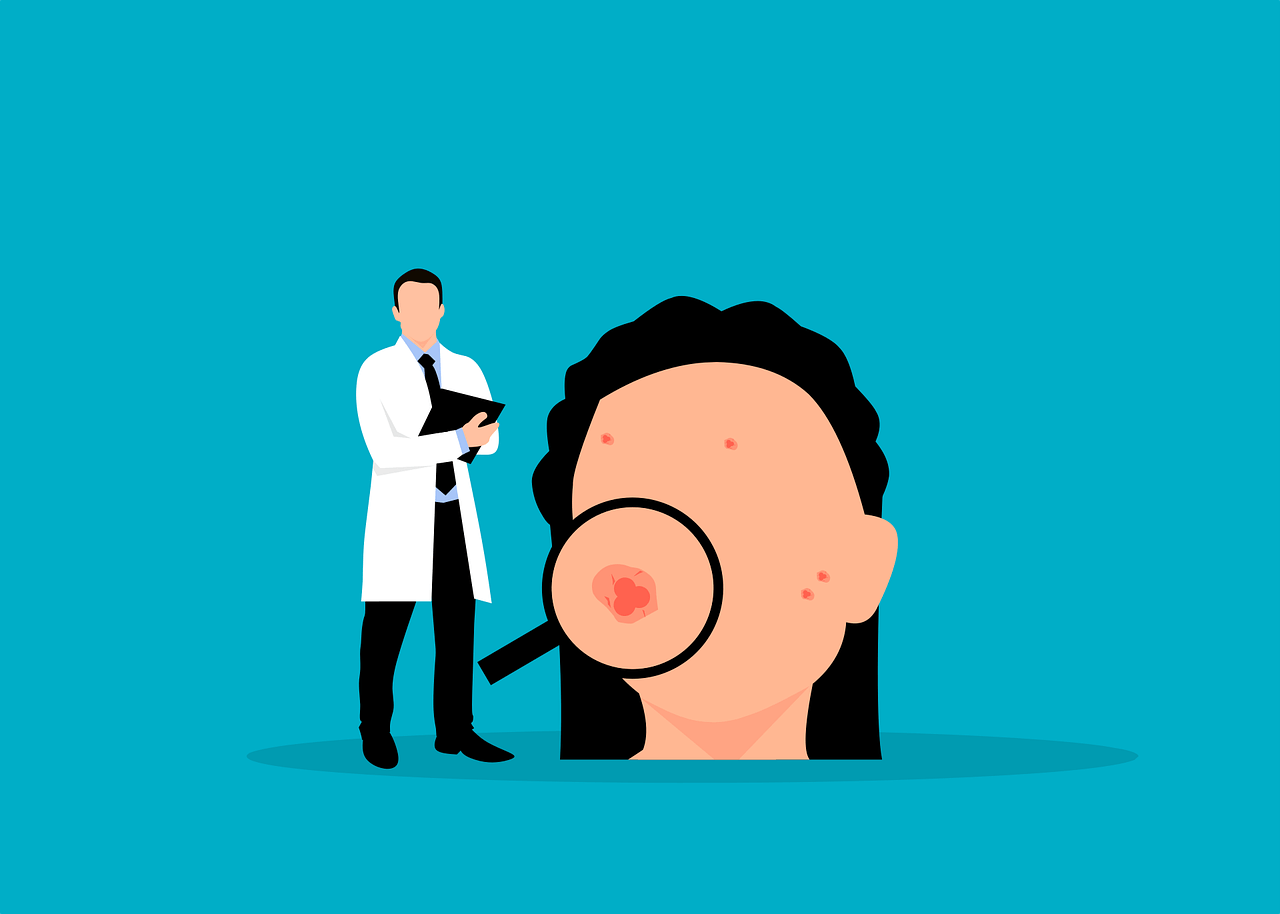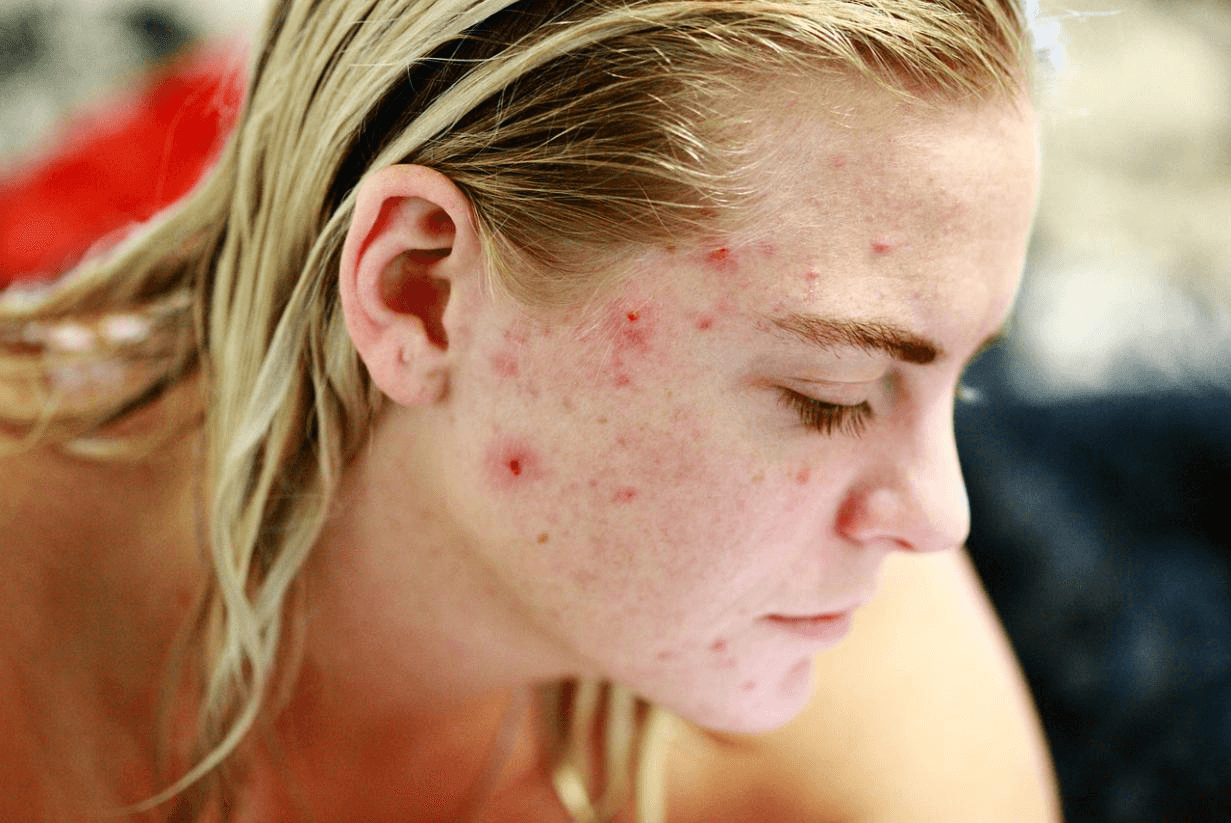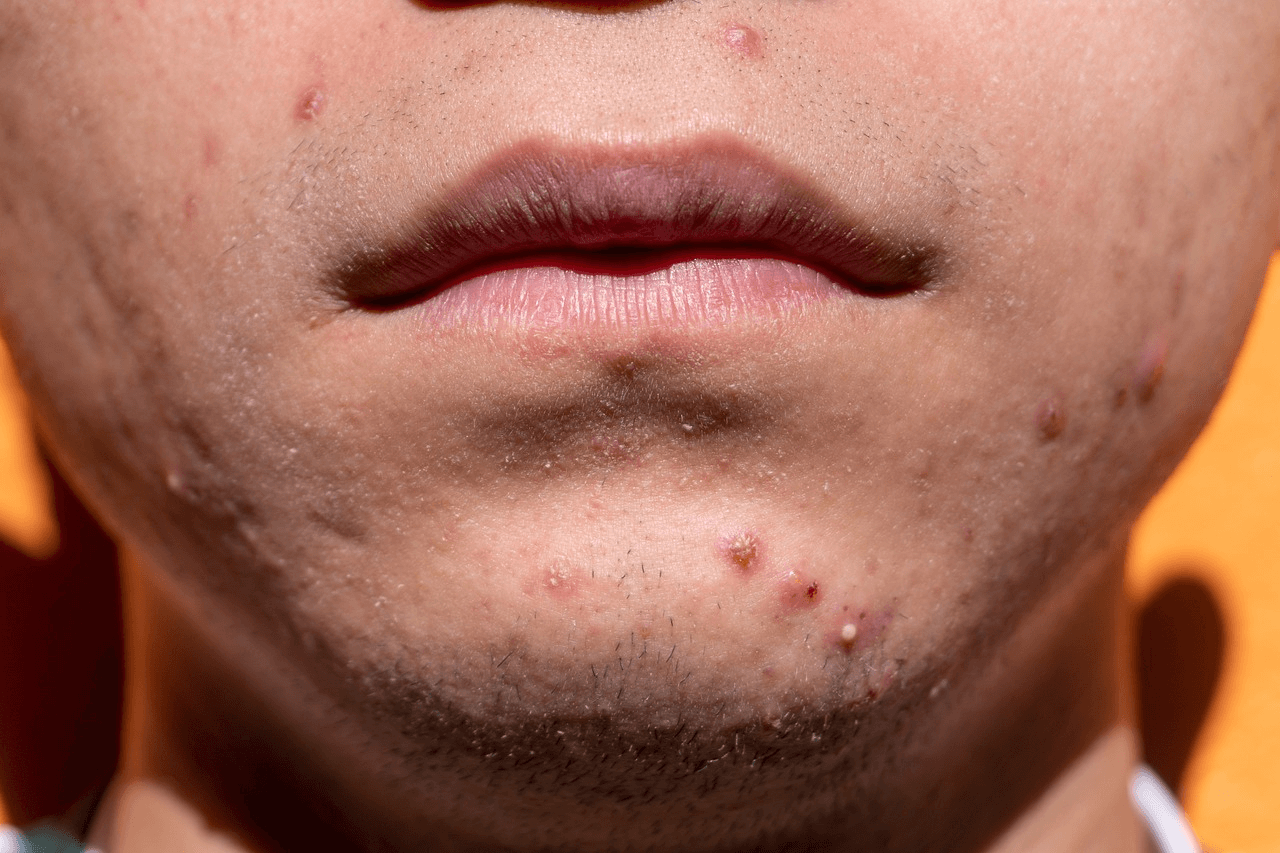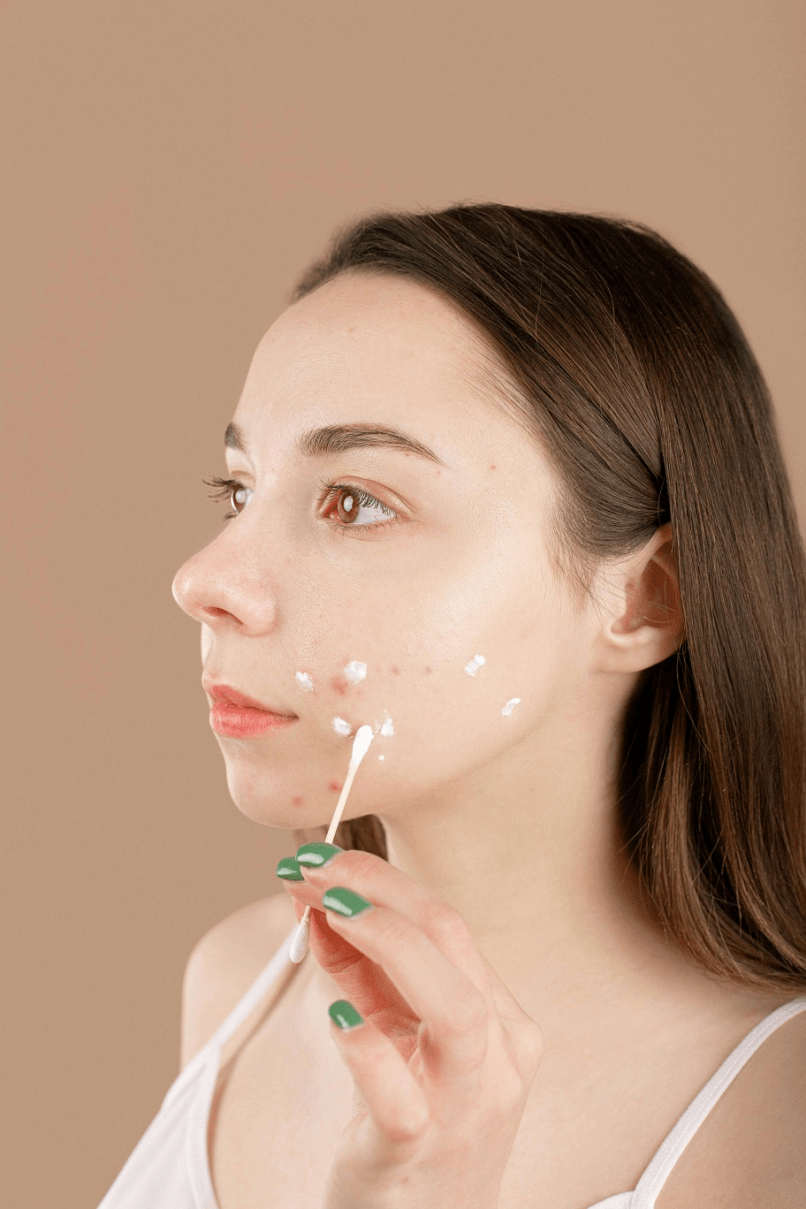Dealing with Acne: Causes, Symptoms, and Skincare Tips

Acne is a prevalent skin condition affecting people of all ages, from teenagers grappling with puberty to adults experiencing persistent skin issues. Understanding the causes and symptoms of acne, along with effective skincare routines and treatments, is essential for managing this condition and achieving clearer skin. This guide will explore the various factors contributing to acne, offer insight into its symptoms, and provide actionable skincare tips and acne treatments to help you manage acne effectively.
Understanding the Causes of Acne
Acne Treatments begin with understanding its root causes. Acne primarily results from the blockage of hair follicles due to excess oil production, dead skin cells, and bacteria. Key contributors include:
- Hormonal Changes:Hormonal fluctuations are a significant factor in acne development. During puberty, increased androgen hormones stimulate sebaceous glands to produce more sebum, the oily substance that can clog pores. Hormonal changes associated with menstruation, pregnancy, and conditions like polycystic ovary syndrome (PCOS) can also trigger or worsen acne.
- Genetic Predisposition:Genetics play a role in acne susceptibility. If your parents had acne, you might also be more likely to experience it. Certain genetic factors can affect how your skin responds to hormonal and environmental changes. Consulting with a family care doctor online can help assess hereditary factors affecting your skin and recommend acne treatments.
- Environmental Factors:Exposure to pollutants, high humidity, and harsh weather conditions can irritate the skin and exacerbate acne. Additionally, using comedogenic (pore-clogging) skincare products or frequently touching your face can introduce bacteria and oils that contribute to acne formation.
- Diet and Lifestyle:Although the link between diet and acne is still debated, some studies suggest that high-glycemic foods, dairy products, and diets high in sugar and fat may worsen acne in some individuals. Maintaining a balanced diet rich in fruits, vegetables, and whole grains supports overall skin health. For dietary advice and acne treatments, consider online medical consultation services.
- Stress:Emotional stress can impact hormone levels and trigger acne outbreaks. Stress may lead to increased oil production and inflammation. It is essential to manage stress through relaxation techniques, exercise, and a healthy lifestyle.

Recognizing Acne Symptoms
Acne manifests in various forms, each with distinct characteristics:
- Comedones:Comedones are the primary type of acne lesion, including blackheads (open comedones) and whiteheads (closed comedones). Blackheads appear as small, dark bumps on the skin's surface, while whiteheads are flesh-colored and form under the skin. Both types indicate the need for targeted acne treatments.
- Papules and Pustules:Papules are small, red, inflamed bumps that can feel tender to the touch. Pustules are similar but contain pus, creating a white or yellowish head. Both types indicate inflammation and infection within the pores.
- Cysts and Nodules:Cysts are deep, painful, and pus-filled lesions that can cause significant discomfort and scarring. Nodules are large, hard bumps located deep within the skin, often leading to long-lasting scars. For severe cases, a virtual doctor appointment for specialized treatment might be necessary.

Effective Acne Treatments
Addressing acne requires a comprehensive approach that includes skincare routines, topical treatments, and lifestyle adjustments. Here are some effective strategies for acne treatments:
- Skincare Routine:A consistent skincare routine is crucial for managing acne. Use a gentle cleanser with ingredients like salicylic acid or benzoyl peroxide to help reduce excess oil and clear clogged pores. Avoid harsh scrubbing or abrasive products that can irritate the skin. For personalized advice on acne treatments, book a consultation with an online doctor.
- Topical Treatments:Over-the-counter treatments containing benzoyl peroxide, salicylic acid, or alpha hydroxy acids (AHAs) can help reduce acne severity by targeting bacteria and exfoliating dead skin cells. For more severe cases, prescription medications such as topical retinoids or antibiotics may be necessary. Book a doctor's appointment online to discuss these options and get a prescription for suitable acne treatments.
- Professional Procedures:Dermatologists offer various professional treatments to manage acne, including chemical peels, laser therapy, and light therapy. These procedures target deeper layers of the skin to reduce inflammation, kill bacteria, and promote healing. Thanks to online doctor consultations, you can explore these options without needing to visit a clinic.
- Lifestyle Adjustments:Maintaining a healthy lifestyle can support clearer skin. Stay hydrated by drinking plenty of water and consuming a balanced diet rich in nutrients. Regular exercise can help manage stress and improve overall skin health. Avoid touching your face, and ensure that personal items such as towels and pillowcases are clean.
- Medication and Supplements:In some cases, oral medications like antibiotics, hormonal treatments, or isotretinoin may be prescribed by a dermatologist to manage severe acne. Additionally, certain supplements like zinc and omega-3 fatty acids may help support skin health and reduce inflammation. Affordable online healthcare options such as TelMDCare can provide access to these medications and advice.

Skincare Tips for Acne Prevention
Implementing a few additional skin care tips can help prevent acne and maintain clear skin:
- Use Non-Comedogenic Products:Choose skincare and cosmetic products labeled as non-comedogenic to avoid clogging pores. Online doctor consultation services can provide recommendations for the best products suitable for your skin type.
- Avoid Over-Washing:Washing your face too frequently can strip the skin of its natural oils, leading to increased oil production. Stick to cleansing your face twice a day. For tailored advice, schedule an appointment online.
- Exfoliate Gently:Regular exfoliation helps remove dead skin cells and prevent clogged pores. Use a gentle exfoliator and avoid over-exfoliating, which can irritate the skin.
- Stay Sun-Safe:Protect your skin from UV damage by using sunscreen with at least SPF 30. Some acne treatments can make your skin more sensitive to the sun.
Conclusion
Effectively managing acne involves understanding its causes, recognizing symptoms, and employing a combination of acne treatments, skincare routines, and lifestyle adjustments. By adopting these strategies and seeking professional guidance when needed, individuals can achieve clearer skin and improved overall health. Consult a doctor online to receive expert recommendations and start managing your acne effectively today.
Ready to take control of your acne? Schedule an online doctor's appointment with TelMDCare today for personalized acne treatments and expert skincare advice. Your clearer skin starts here!